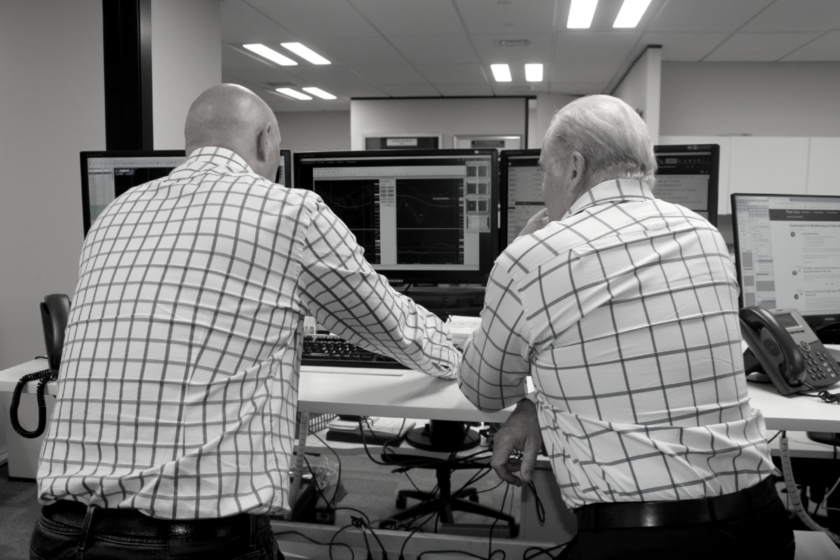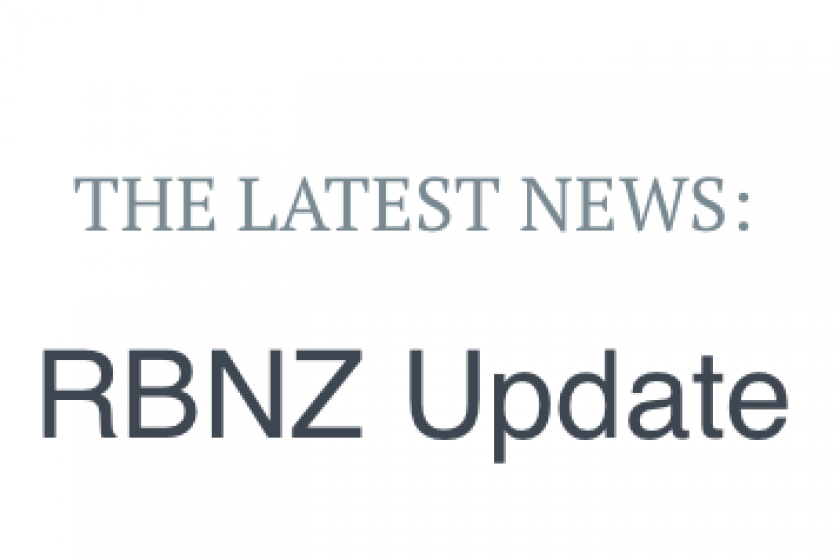Financial Markets continue to take on water, lots of water. The carnage going on out there is seen as biblical with investors not knowing what to do or how to react.
The New Zealand Dollar and the Australian Dollar have come off nearly 7% against the big Dollar this week. The kiwi traded over parity versus the Aussie overnight Wednesday to 1.0005 but was quickly sold back to 0.9930- investors not quite ready yet for the parity party. The English Pound has also sold down 5.4% over the week against the USD as coronavirus cases ballooned out Tuesday, the Loonie (CAD) also down 5.0% as Trump closes down the Canadian Border.
The high cost by Americans to get tested for Covid-19 is exposing the cracks in the health system with many reluctant to get tested. Eight weeks in there is still not enough test kits available for anyone who needs them. The number of tests per day the US can run is around 7,000 before labs are overrun. 28 Million people excluding the elderly have no health cover in the USA. Uninsured workers will have a greater risk of exposure to the disease as most cannot afford to stop working. US taxpayers will fund the majority of non-insured people who need testing for the virus. US Congress is trying to pass legislation that would require employers to provide paid sick leave during any public crisis. If you have health cover these that are being tested are still ending up with $1,400 style bills after insurance has paid the difference.
As the virus spreads through 3rd world countries such as India, Bangladesh and Nepal these countries will face massive issues as the ability to carry out testing will be massively limited. With only the sickest to be tested the virus will not be stopped.
It’s a foregone conclusion that the recession in NZ will be deeper than the GFC of 2008 with GDP to decline -3.0% from -2.7% in 2008-2009. Unemployment is expected to rise above 5.0% with new numbers of unemployed increasing over 40,000 people. We think that the RBNZ will start quantitative easing measures within a week to keep rates low. It is said that banks are in a good financial position and should weather the storm of what’s to come. The only problem is the sheer amount of consumer and business debt and loan defaults which will inevitably happen as unemployment rises and businesses close.
Jacinda Ardern announced gatherings of 100 people or more have been cancelled. These restrictions do not include Schools, workplaces or supermarkets of public transport. Not sure about others but when I get off my train arriving into work every morning it has over 500 people. The Govt needs to do more, it’s time to ditch the NZ “she’ll be right” attitude and close nearly everything down or our local virus numbers will blow out. Last night’s full border closure announced by Ardern is unprecedented and will go a long way.
The ECB have announced a 750B pandemic emergency plan. The ECB will buy up Govt Bonds to combat the virus and slow down the effect on the economy. The ECB said the programme which includes all asset categories under the “asset buying programme” will only run until the effects of the coronavirus are under control. The news drove the Euro higher across the board.
The Reserve Bank of Australia cut rates 25 basis points to 0.25% yesterday, Lowe saying he won’t increase again until progress is made towards full employment. The RBA will start buying govt Bonds from today pumping liquidity into financial markets. The new three year funding facility for banks is worth over 90B which is designed at ultimately providing cheaper loans to bank customers. Australia will close its borders to non-residents from 9pm today.




